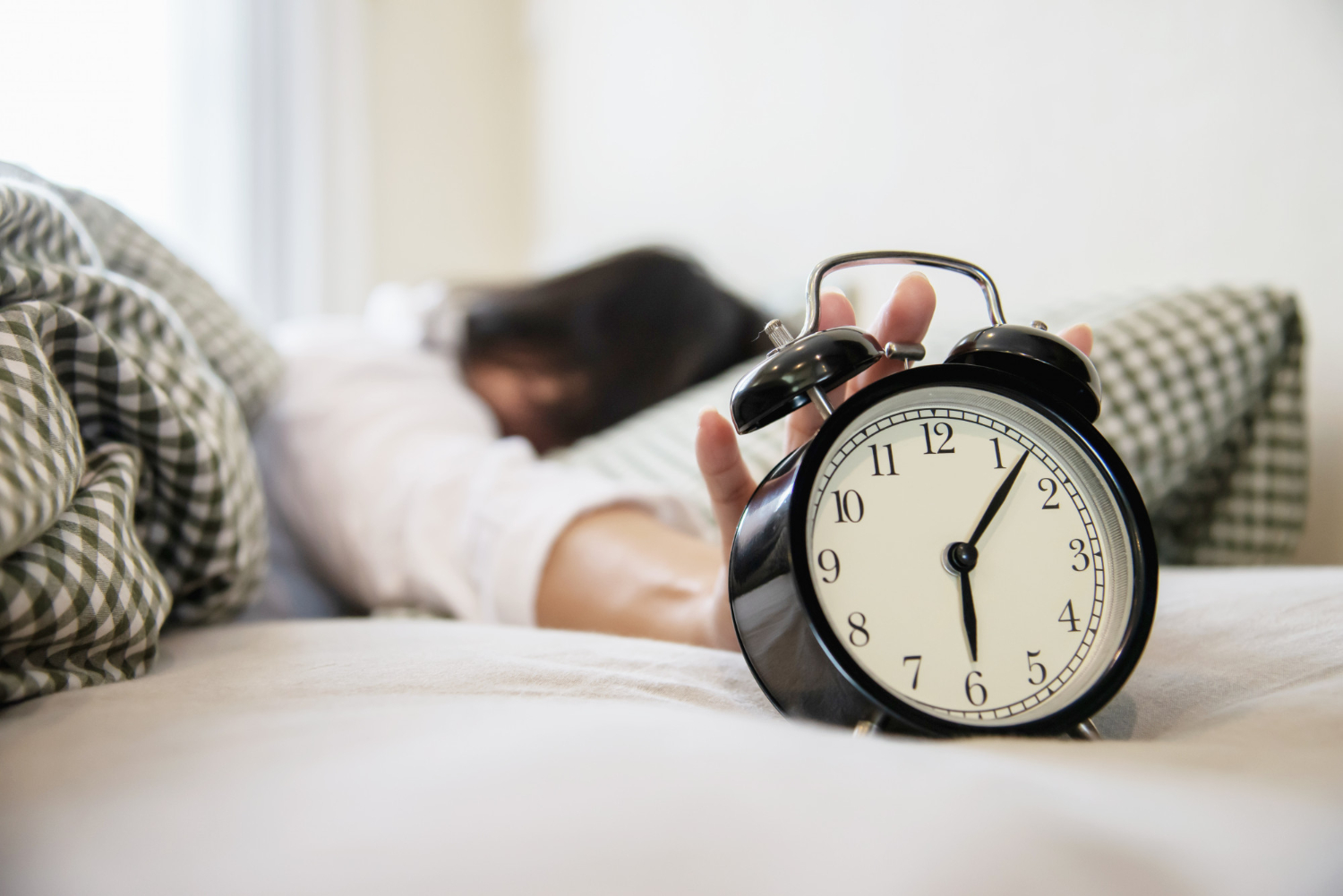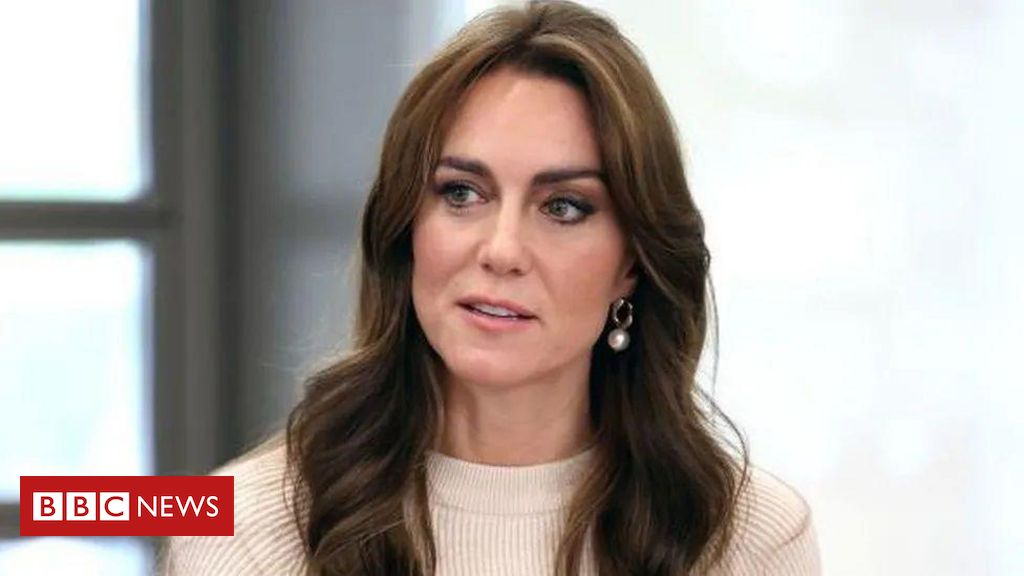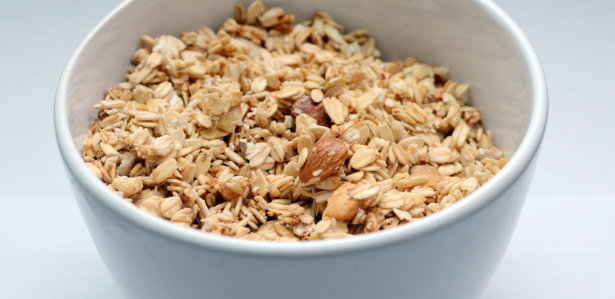
One of the most important ways to keep your body healthy is through exercise – it has been shown to help prevent chronic disease, prolong life, stave off dementia, slow cognitive decline, and much more.
However, how much sleep you get can be just as important — at least when it comes to the benefits of exercise and the better functioning of your brain as you age.
In a new study, researchers found that people who engage in more frequent and intense physical activity, but who sleep less than six hours per night on average, experience faster general cognitive decline than those who sleep poorly and who exercise infrequently.
The lead author, Dr. Michaela Blumberg, researcher at the Institute of Epidemiology and Healthcare at University College London.
“This shows how important it is to consider sleep and physical activity together when considering cognitive health,” he said in a statement.
Contract study
Researchers followed nearly 9,000 adults for more than 10 years who were part of the English Longitudinal Study of Aging, a longitudinal study funded by the UK government and the US National Institute on Aging that includes people over the age of 50. In addition to the baseline assessment, the participants underwent follow-up interviews and cognitive tests every two years.
Those with a diagnosis of dementia or test results indicating cognitive decline were excluded from the study, which was published Wednesday in The Lancet Healthy Longevity.
Building on evidence from previous research, the new study found that people who had higher levels of physical activity and slept between six and eight hours a night had better cognitive function as they got older.
At the same time, lack of physical activity and poor sleep were independently associated with poor cognitive functioning over time. In addition, sleeping less than six hours per night was associated with a faster rate of cognitive decline.
The most physically active group in the study was younger and leaner at baseline, was married or had a partner, was less likely to smoke, drink, be depressed or chronically ill, and had higher levels of education and wealth than the least physically active group.
Despite these advantages, at the end of 10 years, highly active people in their 50s and 60s who slept an average of less than six hours a night lost the exercise advantage — they had a faster decline and had similar cognitive levels to people who didn’t exercise.
“We were surprised that regular physical activity may not always be enough to combat the long-term effects of poor sleep on cognitive health,” Bloomberg said.
What’s more, physically active people in their 50s and 60s who suffered from poor sleep experienced faster cognitive decline compared to those who slept better – but only up to a certain age. In subjects 70 years and older, the benefits of exercise for the brain were preserved despite the lack of sleep.
“At age 70, the cognitive benefit associated with increased physical activity was maintained over the 10-year follow-up period,” the authors stated, without explaining why.
“Our findings suggest the importance of considering physical activity and sleep together, as these factors can combine in complex ways to influence cognitive pathways from age 50 onwards,” the researchers conclude. [CNN]

“Friendly zombie guru. Avid pop culture scholar. Freelance travel geek. Wannabe troublemaker. Coffee specialist.”






